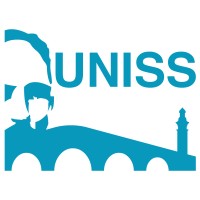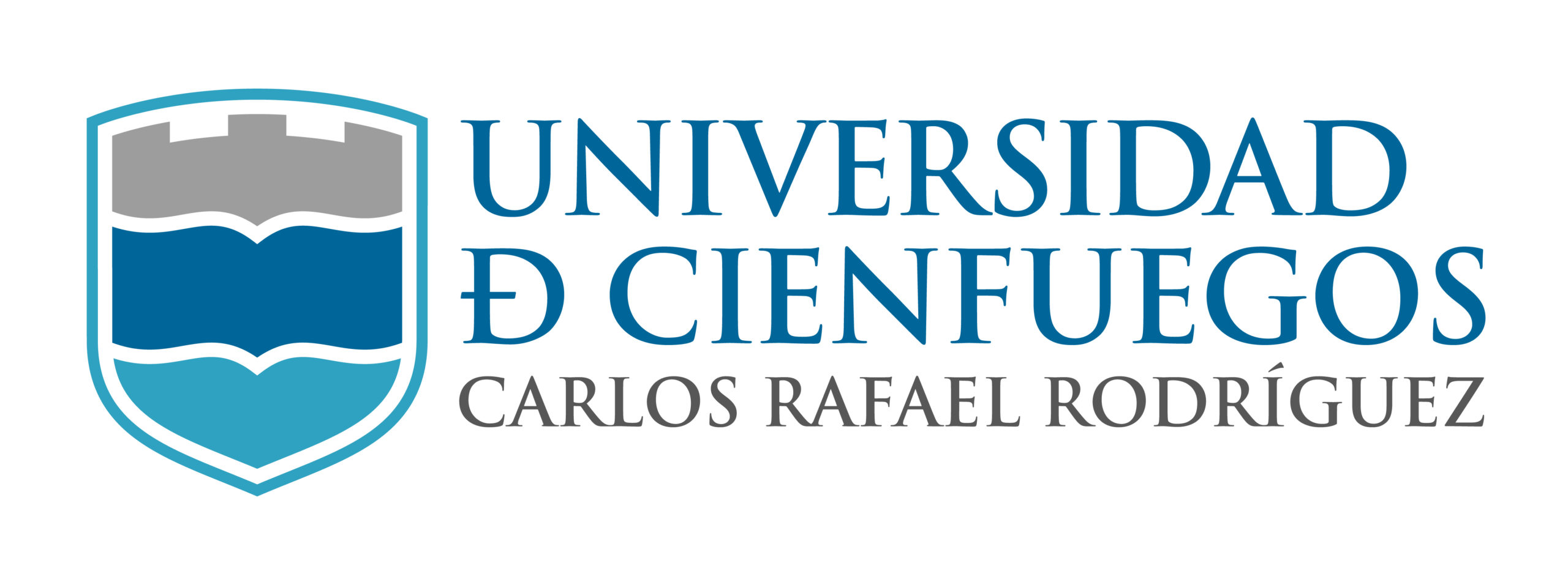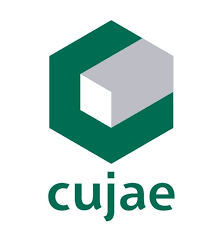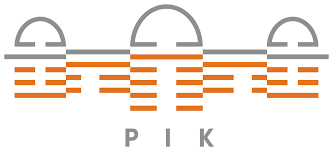
17 articulated buses with electric drive for Berlin: E-MetroBus project presents results
27. June 2023
Hy-NATuRe final event: Roadmap for the establishment of green hydrogen in the Neckar-Alb region is ready
29. June 2023Cure: Research cooperation to strengthen Cuba‘s climate change resilience in the energy sector

Within the framework of the CURE project, the researchers intend to expand existing collaborations between German and Cuban research partners and establish a Cuban-German research network on the topic of climate-resilient energy systems.
Researching global challenges in an intentional consortium
Energy system operators worldwide are facing increasing challenges: Climate change is making systems more inefficient and causing increasing vulnerability to disruption. Yet the challenges are highly region-specific. While in some places the number and intensity of storms are increasing, other regions face challenges such as sea level rise, drought, or increased risk of flooding. Cuba contributes little to climate change due to its low CO2 emissions. At the same time, it is particularly affected by climate change impacts such as a high cyclone risk, sea level rise, or temperature and precipitation changes. An interdisciplinary project consortium of German and Cuban institutions is conducting various workshops in both partner countries, analyzing climate change impacts and their influence on the Cuban energy system, and developing recommendations for action to minimize the risks.
Expanding the research network and joint publication
As part of the workshops, the German-Cuban project consortium will visit other institutions in both countries to expand the network. In terms of content, they will use freely available and open simulation models to investigate how vulnerable the Cuban energy system is, taking into account the influence of climate change. They will also identify possible transformation pathways to adapted energy systems based on this. The findings will be summarized in a joint publication.
Project period: April 2023 to June 2024
Researching global challenges in an intentional consortium
Energy system operators worldwide are facing increasing challenges: Climate change is making systems more inefficient and causing increasing vulnerability to disruption. Yet the challenges are highly region-specific. While in some places the number and intensity of storms are increasing, other regions face challenges such as sea level rise, drought, or increased risk of flooding. Cuba contributes little to climate change due to its low CO2 emissions. At the same time, it is particularly affected by climate change impacts such as a high cyclone risk, sea level rise, or temperature and precipitation changes. An interdisciplinary project consortium of German and Cuban institutions is conducting various workshops in both partner countries, analyzing climate change impacts and their influence on the Cuban energy system, and developing recommendations for action to minimize the risks.
Expanding the research network and joint publication
As part of the workshops, the German-Cuban project consortium will visit other institutions in both countries to expand the network. In terms of content, they will use freely available and open simulation models to investigate how vulnerable the Cuban energy system is, taking into account the influence of climate change. They will also identify possible transformation pathways to adapted energy systems based on this. The findings will be summarized in a joint publication.
Project period: April 2023 to June 2024
The RLI assumes the following tasks:
- Establishment of a research network in the field of climate-resilient energy systems between Germany and Cuba
- Conducting workshops for exchange and analysis of climate change impacts in Cuba
- Development of transformation pathways of the Cuban energy system
- Training on energy system optimization tools













